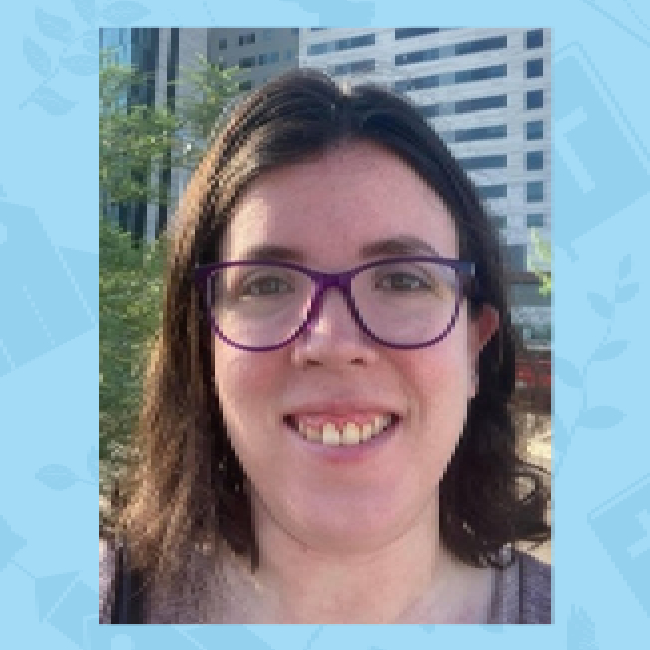Pathway to Peace Mental Health Ministry
Mental Health Awareness Through Education, Accompaniment & Advocacy
“Whoever suffers mental illness always bears God’s image and likeness and has an inalienable right to be considered a person and treated as such.”

What is Mental Health Ministry
Mental Health Ministry attends to those who suffer from or are touched by mental illness in our community by offering hope, healing, support, and compassion. The Mental Health Ministry provides vital spiritual accompaniment for people experiencing mental health challenges and mental illness, as well as those who care for them.
Mission – Goals – The Plan
Mission Statement: Pathway to Peace Mental Health Ministry strives to eradicate the stigma associated with mental illness as those who are affected by mental illness encounter Christ through community, prayer, and support.
Goals: Pathway to Peace Mental Health Ministry’s primary goal is to provide an environment where people living with mental illness can meet, share their experiences and their faith with others, and grow spiritually closer in their relationship with God. Furthermore, our goal is to provide support for the parents, family members, and friends of those who are journeying with a loved one experiencing mental illness or have lost a loved one by suicide. These goals are achieved by providing resources, community-wide education, support groups and other means of encouragement which will provide support and facilitate a broader and clearer understanding and acceptance overall.
The Plan is to provide a place to speak out and be heard in a safe, confidential, and non-judgmental environment, where isolation and stigma dissipate as a supportive community is created. This will be achieved by providing education, accompaniment, and advocacy to the community at large through mental health education, support groups, and the formation of core teams prepared to walk alongside those in need of support.
NOTE: Mental Health Ministry leaders do not take on the roles of health professionals (psychologists, psychiatrists, and therapists). Instead, they provide prayer, accompaniment, and human connections within the community. These lay ministers serve as prayerful companions for those experiencing mental illness by providing referrals, accompaniment on the journey and offering community-wide education on the topic of mental health and well-being.
Please call the Parish office for information or email at info@ololscw.org.

Pathways to Peace Support Groups
Nothing compares to the pain of losing a loved one. It becomes obvious that there is no way to escape the penetrating pain of grief. If you are grieving from the loss of a loved one, there is support available.
If you are grieving from the loss of a loved one, there is support available. Please contact Angela Cotta, Director of Pastoral Care at 623-344-7276 or acotta@ololscw.org for more information.
Upcoming Scheduled Support Groups:
Pathway to Peace Bereavement Support – for those grieving the loss of a loved one.
When a Loved One Dies by Suicide – A support group for those who have suffered the loss of a loved one by suicide.
More information and schedule coming soon.

Important Dates to Remember
These important mental health dates serve as important reminders and occasions to raise awareness, provide support, and promote understanding of mental health issues. These dates often include events like World Mental Health Day on October 10 and Mental Health Awareness Month in May.

Praying with Pope Francis for people with Mental Illness
Monthly Day of Prayer for Mental Health The Association of Catholic Mental Health Ministers (CMHM) partners with the Pope's Worldwide Prayer Network and Click to Pray to offer a Monthly Day of Prayer for Mental Health. Each 2nd Monday of the month, the CMHM offers prayers and a blog post connected to the Pope's monthly prayer intention. Visit catholicmhm.org/click-to-pray.

Facts about Suicide
- Suicide is one of the leading causes of death in the United States. {September is National Suicide Prevention Month}
- According to the Centers for Disease Control, over 48,000 people died by suicide in 2021, which works out to one death every 11 minutes.
- Suicide rates in 2021 were 36% higher than in 2000.
- The racial/ethnic groups with the highest rates in 2021 were non-Hispanic American Indian and Alaska Native people and non-Hispanic White people.
- In 2021 an estimated 12.3 million American adults seriously thought about suicide, 3.5 million planned a suicide attempt, and 1.7 million attempted suicide.
- Adults aged 35-64 years account for 46.8% of all suicides in the United States. Adults aged 75 and older have one of the highest suicide rates (20.3 per 100,000).
- In 2021 more than a quarter (26.3%) of high school students identifying as lesbian, gay, or bisexual reported attempting suicide in the prior 12 months. This rate was five times higher than the rate reported among heterosexual students (5.2%).
- In 2020, 6,146 veterans died by suicide and account for about 13.9% of suicides among adults in the United States.
- First responders, including law enforcement officers, firefighters, emergency medical services (EMS) clinicians, and public safety telecommunicators, are crucial to ensuring public safety and health. First responders may be at elevated risk for suicide because of the environments in which they work, their culture, and stress, both occupational and personal. This stress can be acute (associated with a specific incident) or chronic (an accumulation of day-to-day stress). Occupational stress in first responders is associated with increased risk of mental health issues, including hopelessness, anxiety, depression, post-traumatic stress, as well as suicidal behaviors such as suicidal ideation (thinking about or planning suicide) and attempts. Suicide deaths among first responders are under-reported and accurate statistics are unavailable.
If you or someone you know is in crisis, call or text the 988 Suicide & Crisis Lifeline. You can also contact the Crisis Text Line (text HELLO to 741741). Both services provide 24-hour, confidential support to anyone in suicidal crisis or emotional distress. Contact social media outlets directly if you are concerned about a friend’s social media updates or dial 911 in an emergency.

Angela Cotta, Director of Pastoral Care
Board certified chaplain, National Association of Catholic Chaplains, May 2023
M.A. Theology, St. Catherine University-St. Paul, MN, Dec. 2017
Certification in Pastoral Ministry, St. Catherine University-St. Paul, MN, Dec. 2017
B.A. History and Theology, Lewis University-Romeoville, IL, May 2013
I am a lifelong Catholic born and raised in Illinois (Diocese of Joliet) and moved to Minnesota (Archdiocese of Saint Paul & Minneapolis) after college. I spent some time away from my faith and the Church until college when I discovered my love for theology intersected with my desire to serve the vulnerable. While living and working in Minnesota, I became heavily involved in volunteer ministry at my parish and discerned pursuing my master’s in theology. It was during that time I was introduced to Clinical Pastoral Education, the training program for chaplains, and heard my calling to chaplaincy. I am a listener at heart; it is a great gift to be in a position to come alongside others during both hours of darkness and joy.
After spending a few years working in multiple hospitals around the Valley, I discerned I wanted to do more community-based work rooted in Catholicism. This discernment brought me to Our Lady of Lourdes, and I am so grateful to be a part of this community.
Some fun Catholic facts about me:
- My confirmation name is Barbara, chosen for St. Barbara’s courage.
- I worked in a religious goods store in St. Paul for a couple years. Many of the items I sold I now use in my work and volunteer lives.
- I am a Consociate (lay member) of the Sisters of St. Joseph of Carondelet (CSJ) St. Paul Province.